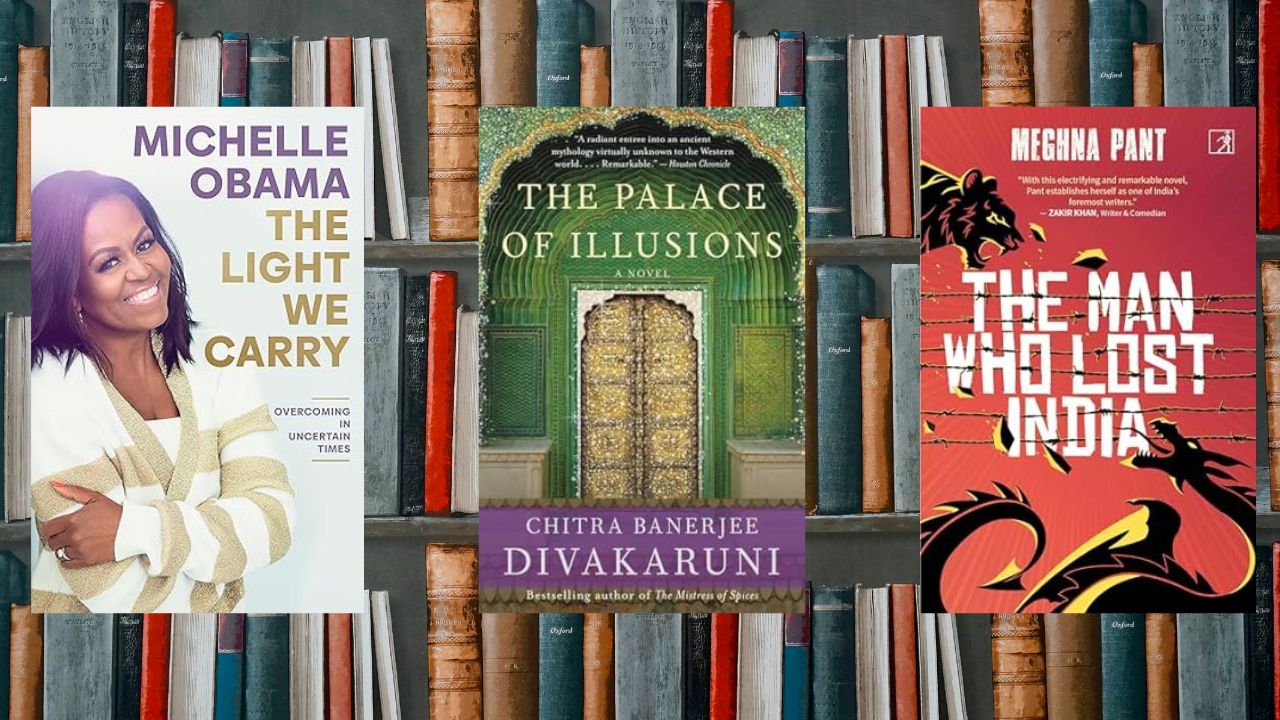Our column Bookstrapping is in its third year and we have celebrated women authors with aplomb! We have reviewed non-fiction books written by women, such as Arundhati Bhattacharya’s ‘Indomitable’ and Michelle Obama’s ‘The Light We Carry.’
We have reviewed the rare biography of a woman written by a man, in ‘The Code Breaker’, the story of ace scientist Jeniffer Doudna by Walter Isaacson. We have reviewed award winning fiction written by women such as Geetanjali Shree (and her translator Daisy Rockwell) who won the Booker Prize for ‘Tomb of Sand’. We have also reviewed rare collector’s items like Rahaab Allanna’s ‘Unframed’, which reminds us that photography could be the only surviving evidence to understand things that transpired in the past.
Women’s contribution to literature has obviously brought a better understanding of the world. By sharing their point of view, using their own bylines and making their voices heard, they have been powerful agents of change.
In our column today, we present a cross section of favorites from celebrity women readers.
Actor and educator Dr Swaroop Sampat Rawal is an ardent fan of Daphne Du Maurier. “ I love all her books, Jamaica Inn, My Cousin, Rachel, The Birds,” she says. Rawal’s own 2023 book ‘Play Practice Pursue’ is hailed as essential reference material across all schools in India on how to implement the 10-day bagless school approach to pre-vocational education.
Read More: Bookstrapping: The Showman by Simon Shuster
Actor and hearthrob Mrunal Thakur has always loved the pain in Rupi Kaur’s poems. The actor says, “On a whim, I booked a ticket to LA and attended one of her shows- it was a moment of reckoning for me; her narration gave me goosebumps. I revisit her books to find courage, solace, inspiration- whatever one may call it.”
Bibliophile and social media influencer Shweta Rohira chooses ‘Where Love was Sinful’ by Chirasree Bose as among her favorites. “The author captivated me from the very title, ensnaring my interest like a spider web. Each page unraveled layers of the story, revealing a tapestry of love, politics, greed, and more,” she says. Rohira also mentions Kiran Manral’s “Rising: 30 Women Who Changed India,” and Chitra Banerjee Divakaruni’s “Palace of Illusions” as having a special place in her heart.
I recently met the feisty Meghna Pant who confessed that her recent war novel ‘The Man Who Lost India’ has people asking her “do women write war novels?” Of course they do. Meghna shares her wonderful light in a sparsely populated world that shines with ‘The Nightingale’ by Kristin Hannah, a book about two sisters in France during World War II and their struggle to survive and resist the German occupation of France!
And the story of women’s voices continues.
Reeta Ramamurthy Gupta is a columnist and bestselling biographer. She is credited with the internationally acclaimed Red Dot Experiment, a decadal six-nation study on how ‘culture impacts communication.’ On Instagram @OfficialReetaGupta.
